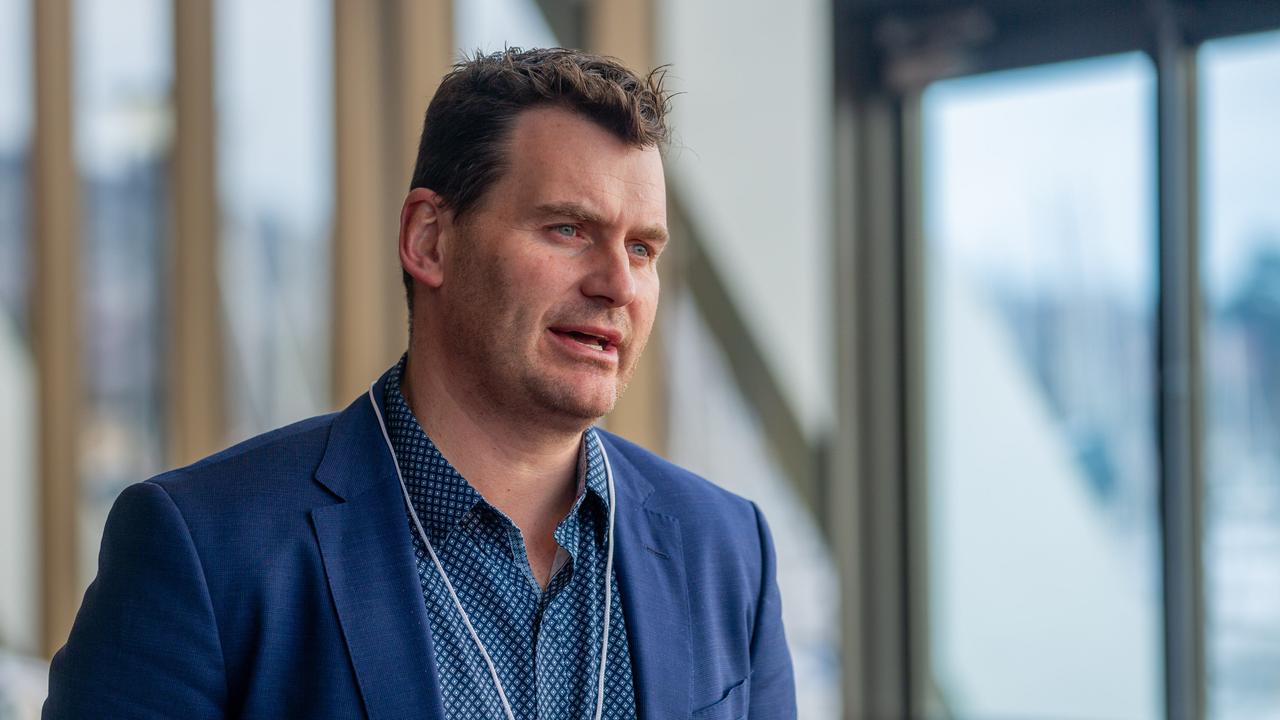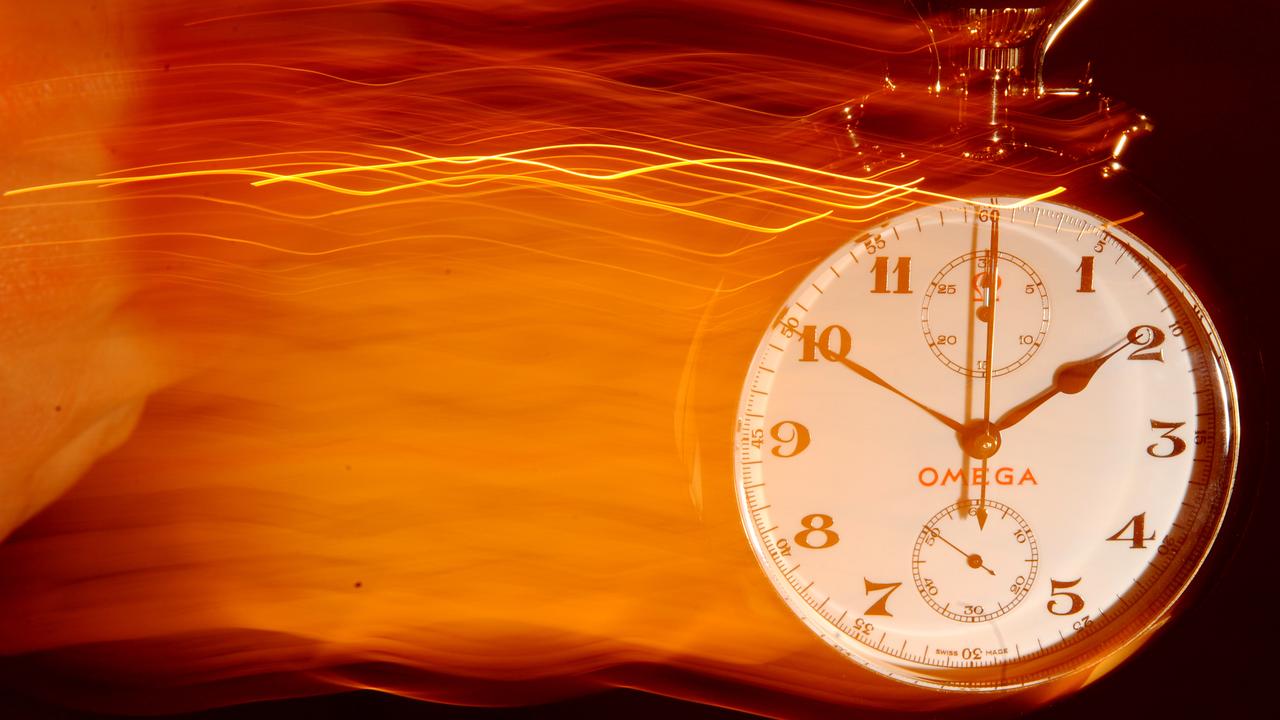City of Launceston decides to desex male macaques at City Park
They are beloved by Launcestonians and a tourism drawcard, but by 2050, no monkeys will likely be left in City Park. Why the animals will be disappearing.
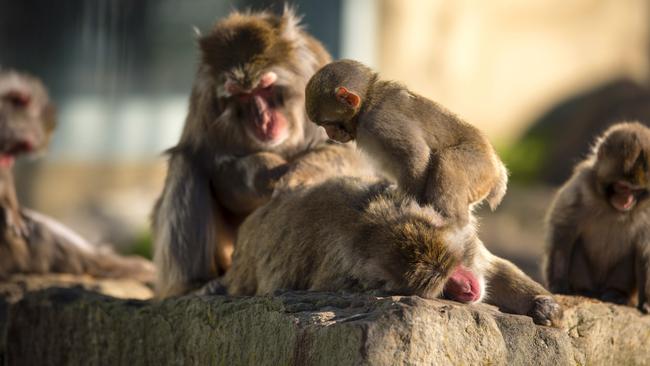
Tasmania
Don't miss out on the headlines from Tasmania. Followed categories will be added to My News.
For more than 40 years, visitors to Launceston’s City Park have been able to view Japanese macaques frolicking about in their enclosure.
But by 2050, it is expected there will be no more monkeys left in the park.
The City of Launceston has decided to desex the male members of the macaque troop to prevent the animals from breeding.
It is expected that the desexing of the troop will take two years.
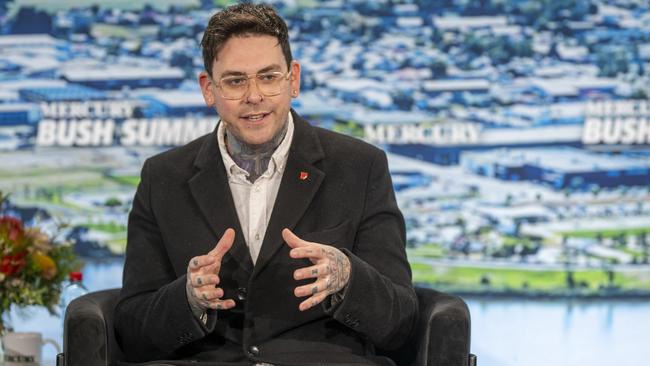
Due to biosecurity laws, Launceston Mayor Matthew Garwood said the council could not import new macaques to City Park.
“We know the Launceston community cares very much about the welfare of the City Park
monkeys and that’s a sentiment that’s also very much shared by both Councillors and staff here at the City of Launceston,” Mr Garwood said.
“While we love having the monkeys here in Launceston, the inability to introduce new genetic stock and the serious impacts on their health and wellbeing means we need to begin to consider the future of the troop to ensure we’re doing what’s best for them over the longer term.”
Only one councillor, Joe Pentridge, voted against the motion for the macaques to be sterilised when it was debated on Thursday afternoon.
“There’s no doubt the decision was a difficult one, but it prioritises the welfare of the monkey troop so we can keep them as healthy and happy as possible, for as long as possible,” Mr Garwood said.
“It’s important to remember the City Park monkeys will still be with us for decades to come, and we’ll continue to care for them to the highest possible standards.
“I’ll now be writing to the Mayor of our Sister City, Ikeda, which gifted the macaques to us back in 1981, to formally advise of the Council’s decision and explain the reasoning behind it.”
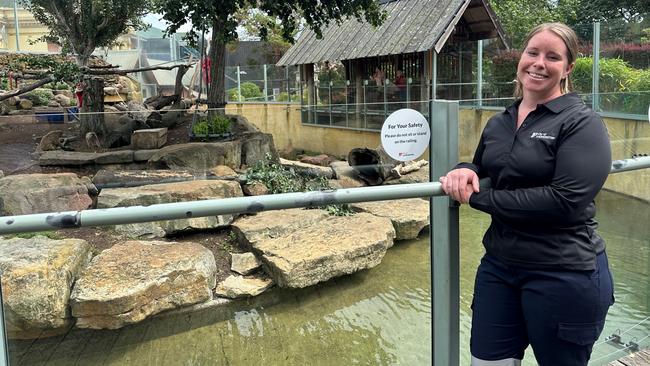
Council Primate Keeper Bridie Slattery said that the inability to import new monkeys meant genetic deformities could emerge in the troop.
“They’re still extremely healthy, which is why we want to [take action] now,” Ms Slattery said. “We don’t want to get to the point where they’re not healthy because that’s not the best practice for them.”
“What we do see when we do start to get genetic issues is we’ll start to see more miscarriages and stillbirths, which will always have an effect on the troop, but also the carers that are looking after them, as well.”
Originally published as City of Launceston decides to desex male macaques at City Park


